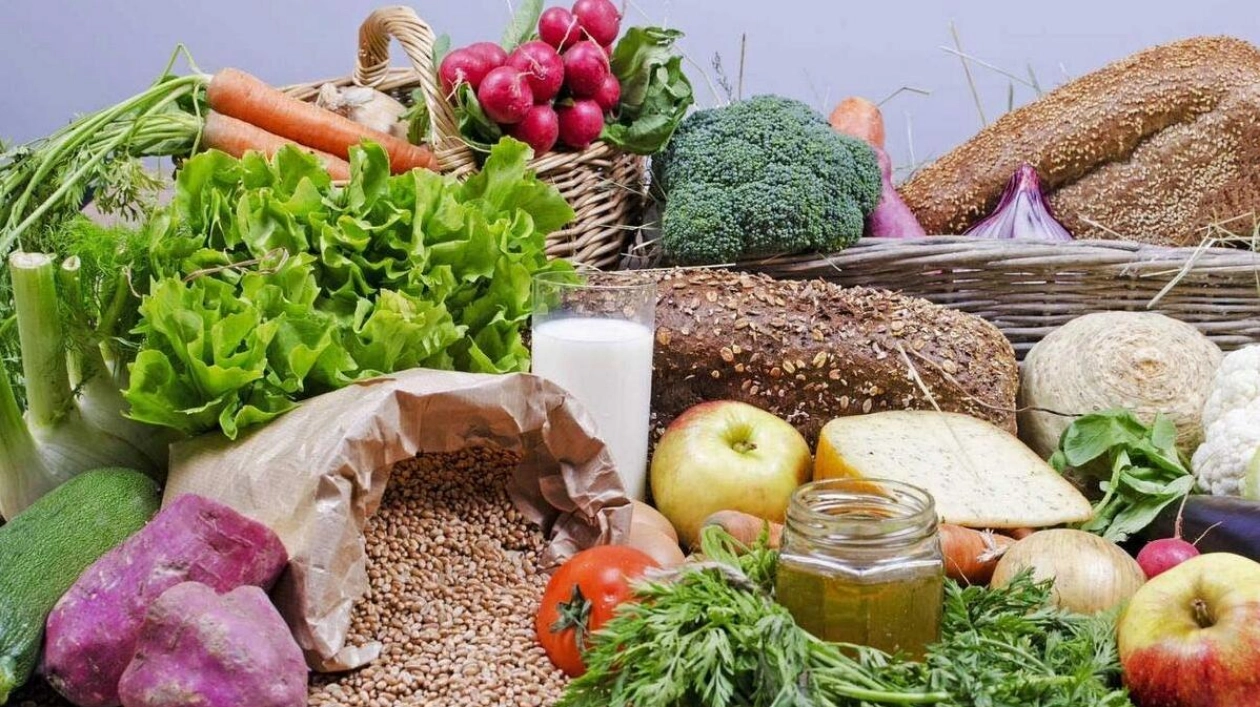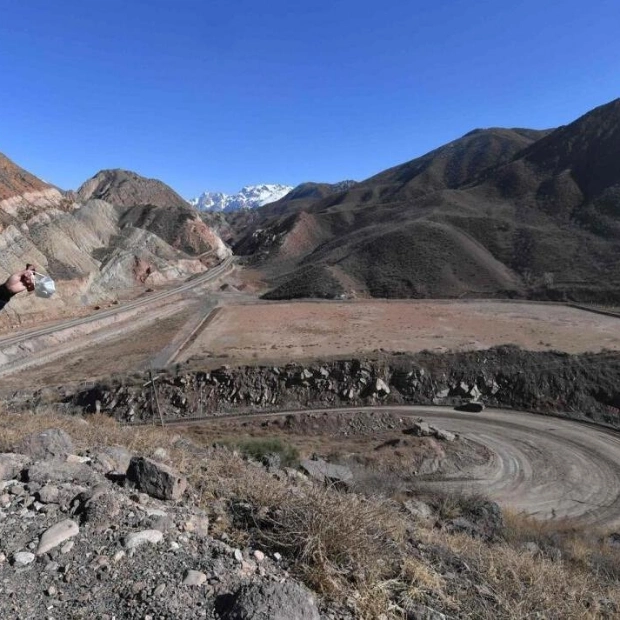The UAE is targeting the creation of 20,000 jobs in the food sector by 2030, with the goal of reducing food imports from 90 per cent to 50 per cent by 2050, according to Abdullah bin Touq Al Marri, Minister of Economy. He emphasized that these efforts aim to boost the food sector's contribution to the UAE's GDP by $10 billion.
"The UAE's dedication to food security is clear, having made it a national priority since the 2007 global food crisis. We are making strides in domestic food production, with the objective of cutting food imports from 90 per cent to 50 per cent by mid-century," he stated.
The UAE has been heavily investing in food security to guarantee a sustainable food supply for its residents. In 2023, the country's food imports totaled $23 billion, while food exports reached $6.6 billion. During the first half of the year, the sector saw a 20 per cent growth in total trade, with imports rising by 23 per cent and exports by 19 per cent.
Al Marri highlighted the growth potential of the GCC food and beverage sector, projected to reach $128 billion by 2029, and encouraged the industry to capitalize on this momentum to advance the UAE's cluster strategy. "In line with the UAE Food & Agricultural Transformation Strategy, we are on course to increase the food sector's contribution to the GDP by $10 billion and create over 20,000 jobs. This growth signifies more than just numbers; it represents livelihoods, opportunities, and a sustainable future for our nation. Together, we can innovate for a sustainable tomorrow and maintain the UAE's global leadership in food security," he added.
During a two-day event organized by the UAE Food & Beverage Business Group, the minister outlined the key pillars of the UAE's food security strategy, focusing on fostering innovation through world-class R&D and nurturing future food disruptors. He also emphasized the importance of embedding sustainable practices across the food production value chain to protect the environment for future generations.
A high-level discussion on the Food Cluster strategy involved key ministries, including the Ministry of Industry and Advanced Technology, Ministry of Economy, and Ministry of Climate Change and Environment, exploring policy reforms, collaboration, and investment in the sector. "The creation of clusters aims to facilitate dialogues among all stakeholders, including universities, scientists, research institutions, and ministries, to ensure future food security. As an import-heavy country, we recognize the numerous steps we can take to enhance food security, supply chain efficiency, increase exports, protect our market, and implement practical policies. These topics should be openly discussed among stakeholders," said Abdullah Ahmad Al Saleh, Undersecretary of the Ministry of Economy.






